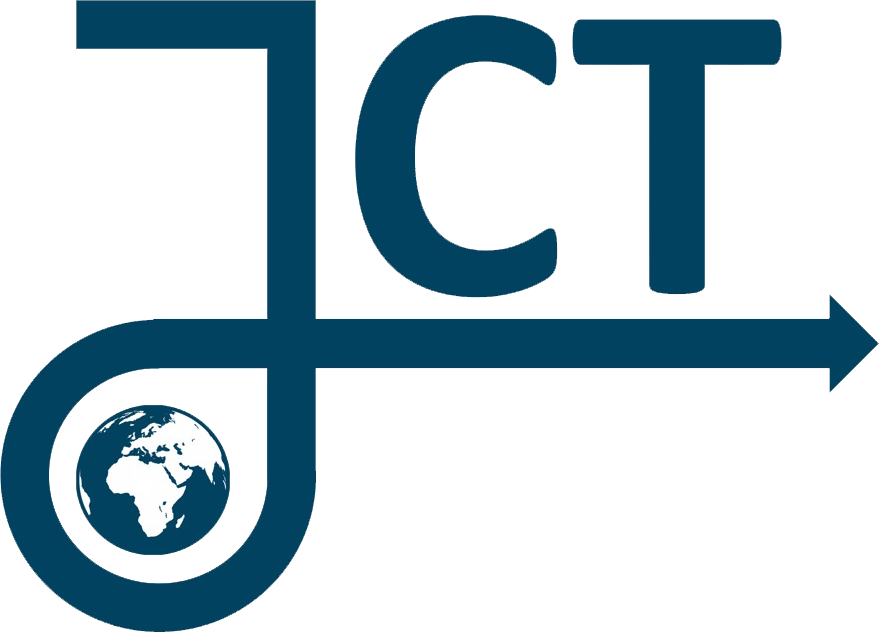2nd Annual JCT Workshop: Just transitions in a changing climate – September, 12th, 2022 @ Campus Griebnitzsee, 3.06.S16
Program
09:30 – 09:45 Welcome (Fabian Schuppert, Kerstin Reibold)
09:45 – 10:45 Rabea Scholz: What is energy justice?
In this paper, we discuss the meaning of Energy Justice in distinction to other modern justice concepts. Due to the multitude of theoretical strands developed on Energy Justice in recent years, the concept is overloaded. It cannot be differentiated from other concepts such as Climate Justice, Environmental Justice, Energy Security, and Energy Poverty when measured against the principles that characterize it. We argue that if a multitude of principles characterizes Energy Justice, then the theory is overloaded and cannot distinguish itself from other concepts. In this paper, we will explore this claim and ask the research question: What is distinct about energy justice, and what makes energy justice (still) relevant?
11:00 – 12:00 Fausto Corvino: The forward-looking polluter pays principle for a 2060 sustainable world
Climate justice demands polluters to take responsibility for both present/future climate harm caused by past emissions and for future climate harm caused by present emissions. This would result in double taxation. Today’s American citizens, for example, would have to internalise both the social cost of past American emissions (or at least part of it) and the social cost of their own emissions. Double taxation risks making climate justice politically infeasible and hampering the climate transition. I therefore maintain that global climate justice should be linked to future, rather than past, climate harms. The forward-looking polluter pays principle (FL-PPP) can ensure both the effectiveness of the climate transition and a fair global distribution of the climate burden, if it is properly interpreted as being based on four claims. Each country must: introduce a carbon price based on the global social cost of carbon; retain the carbon revenues related to the internalisation of the country-level social cost of carbon; distribute the remaining carbon revenues into a global justice fund; receive back a share of global carbon revenues proportional to the country-level social cost of carbon. The basic FL-PPP scheme can be made more progressive, on a global perspective, if two coefficients are added to the calculation of each country’s share of global carbon revenues. The first is a consumption-based coefficient, which is higher for countries that are net exporters of CO2 and lower for net importers. The second is a prioritarian coefficient, which is higher the lower the country’s GDP per capita.
12:00 – 13:15 Lunch
13:15 – 14:15 Eric Brandstedt: Examining Injustices in Wind Power Development: An Engaged Ethics Approach
Abstract: This paper provides an in-depth and comprehensive review and critical scrutiny of justice claims raised by wind power development by use of a method of public reflective equilibrium. It is well-documented that wind power, as well as renewable energy more generally, can give rise to perceived injustices, complaints and grievances, including repression of indigenous people, harmful impact on ecosystems and animals, and negative impact on locals (expressed in so-called NIMBY-claims). However, we hypothesise that not all justice claims related to these categories are equally relevant and significant from a moral and political point of view. Some can be defended with strong moral reasons while others do not stand up to closer scrutiny or at least prove less important to take into account. To explore the meaning and significance of justice in this context, we invited participants to a process of moral justification, in a version of the method of public reflective equilibrium. The participants reflected on a preliminary normative framework created by the research team and visually depicted by a graphic artist. We found that justice is a multifarious concept, which covers not only distribution, procedure and recognition (the three tenets of energy justice), but also issues having to do with the rationale of a renewable energy projects and the preconditions of a good process, such as trust and respect for rights. The justice-claims the participants found strongest, in the sense of backed up by moral reasons, however, all concern a fair decision-making process (broadly conceived).
14:30 – 15:30 Alix Dietzel: Securing a Just Transition to a Climate Resilient Bristol: Obstacles and Opportunities
In February 2020, Bristol launched its ambitious One City Climate Strategy, committing to becoming carbon neutral and climate resilient by 2030. The Strategy, which sets out how Bristol will respond to climate change, calls for a fair and collaborative approach based upon a just transition. Our project sought to find out what happens once such a declaration is made. How is a just transition being interpreted and how is it being pursued? Who is involved in this process ‘on the ground’? To answer these questions, we ran a yearlong study focusing on six Bristol-based actors engaged in climate policy: two from the public sector (Bristol One City Environment/Economics Board, Bristol Advisory Committee on Climate Change) two from the private sector (Arup, Cycling Works), and two from civil society (Black and Green, Liveable Neighbourhoods). We wanted to know: do these actors consider the idea of a just transition in their work? How do they strive to achieve this? Is their decision-making fair and inclusive? What are the barriers and what are the opportunities to just transition? Using a mixture of observations and interviews, we aim to inform the development of more just and inclusive climate policy response in Bristol and beyond.
15:45 – 16:45 Christian Baatz: How to assess Carbon Dioxide Removal and Adaptation? A critique of the IPCC
Organized by the Network for Just Climate Transitions (Fabian Schuppert, Kerstin Reibold)
